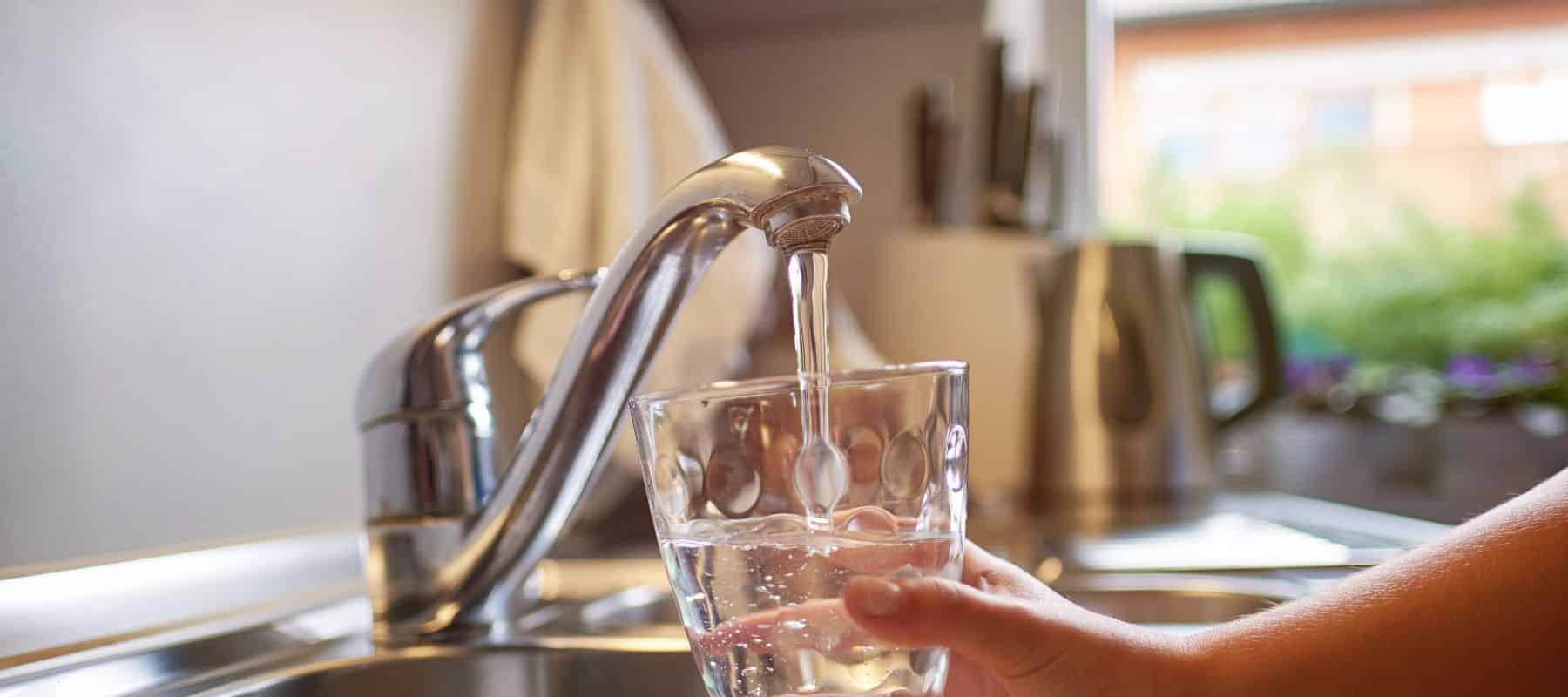Hard Water Is Damaging Your Appliances
In Midland, the water that flows into our homes carries more than just hydration — it brings with it a silent threat: hard water. This natural occurrence, while common, poses significant challenges for homeowners, especially when it comes to the lifespan and efficiency of household appliances.
Hard water, rich in minerals like calcium and magnesium, can lead to a range of problems, from reduced appliance performance to increased energy costs. As we explore the hidden impacts of hard water on your water heaters, dishwashers and washing machines, understanding the signs and solutions becomes crucial for every Midland homeowner looking to protect their investments and ensure their home runs smoothly. For signs you may need of a water softener in Midland, read our guide!
Understanding Hard Water And Its Effects
Hard water is characterized by its high mineral content, primarily calcium and magnesium, which occurs naturally as water travels through limestone and chalk deposits. In Midland, the presence of hard water is a significant concern for homeowners due to its negative effects on household appliances and plumbing systems.
The minerals found in hard water can accumulate over time, leading to scale buildup that reduces the efficiency of water heaters, dishwashers and washing machines. This scale buildup reduces the efficiency of appliances by insulating heating elements, restricting water flow, and necessitating increased energy to achieve normal operation levels. Consequently, appliances have to work harder, leading to elevated wear and tear, diminished performance, and a shorter overall lifespan.
This not only impacts the performance and lifespan of these appliances but also increases maintenance costs and energy consumption. It’s a pressing issue for residents seeking to maintain their homes and reduce unnecessary expenses.
Water Heaters: The Hidden Costs Of Hard Water
Scale buildup in water heaters due to hard water can significantly increase operational costs and lead to early system failures. Here are key points illustrating the impact:
- Insulation of heating elements — Scale acts as an insulator, preventing efficient heat transfer, which means the heater must use more energy to heat water.
- Increased energy bills — The inefficiency in heating leads to higher energy consumption, resulting in higher utility bills.
- Reduced water heater lifespan — Constant overworking to compensate for scale buildup speeds up wear and tear, shortening the appliance’s operational life.
- Risk of overheating — Scale can cause hot spots on heating elements, increasing the risk of damage or failure.
- Frequent repairs and maintenance — The presence of hard water causes more frequent descaling and maintenance, adding to the overall cost of ownership.
Addressing hard water issues not only preserves the efficiency and lifespan of water heaters but also keeps energy costs in check.
Dishwashers: Cloudy Dishes And Reduced Performance
Hard water significantly impacts dishwasher performance by leaving mineral deposits on glassware and dishes, causing them to appear cloudy or spotty even after cleaning. This mineral buildup not only affects the visual quality of your dishes but also hampers the dishwasher’s efficiency.
Over time, the scale can clog spray arms and filters, leading to reduced water flow and ability to clean effectively. Homeowners may find themselves using more detergent or running additional cycles, which further increases water and energy consumption. Addressing hard water can restore the dishwasher’s performance and ensure spotless results after every wash.

Washing Machines: Wear And Tear On Your Wardrobe
Hard water forces washing machines to work harder, leading to increased wear and tear. Additionally, scale buildup in the machine can reduce its efficiency and lifespan, requiring more frequent repairs or replacements.
Even if your washing machine seems to be running normally, the minerals in hard water can cause clothes to fade more quickly and feel rough to the touch as well. Detergent has a harder time lathering correctly with hard water, leading to a less efficient clean on your laundry.
Some homeowners even report their clothes and towels as stiff to the touch. Hard water can make the simplest household tasks a nightmare!
Hard Water Solutions For Midland Homeowners
Installing a whole-home water softener system is the most effective solution to combat hard water effects. It can prevent scale buildup, improve appliance efficiency and extend their lifespan. Routine maintenance, such as descaling appliances and using water softener-compatible cleaning agents, can also help manage the impact of hard water.
When you want a solution to hard water symptoms in Midland, call on Kinetico of West Texas. Our team offers the most affordable water softening services in the area, giving you peace of mind and a softer daily life.




